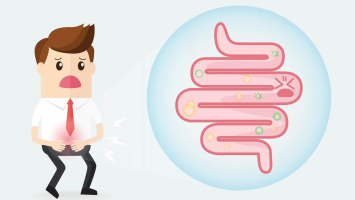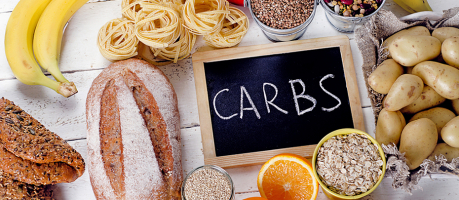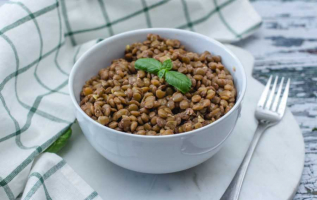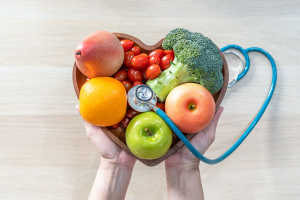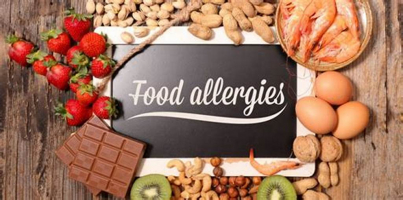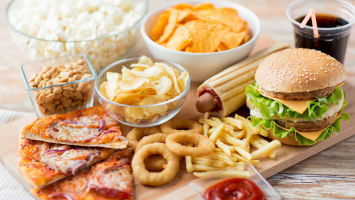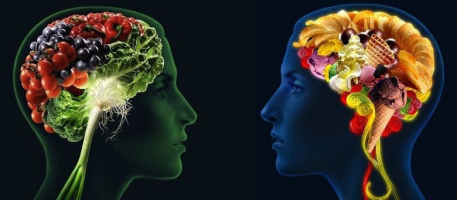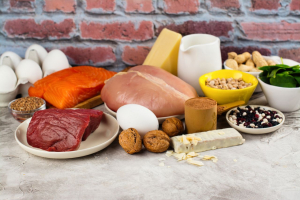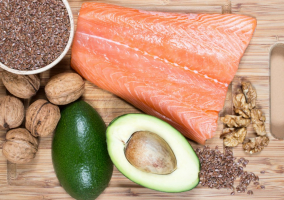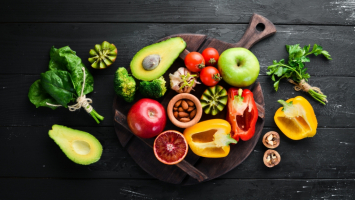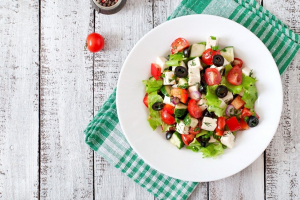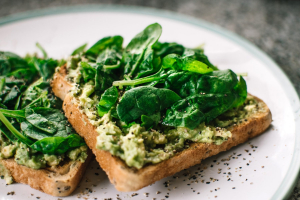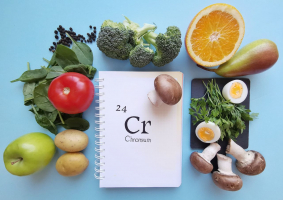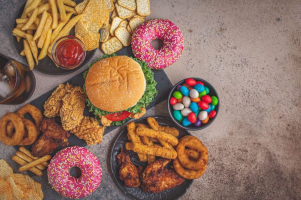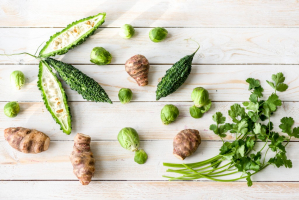Top 7 Worst Foods That Cause Constipation
Having less than three bowel motions per week is considered to be constipation. In fact, it and its accompanying symptoms, such as bloating and gas, affect as ... read more...many as 27% of people. The likelihood of experiencing it increases with age or lack of physical activity. While some foods may help ease or lower the risk of constipation, others may aggravate it. The foods that can lead to constipation are discussed in this article.
-
Constipation is widely mentioned as possibly being caused by alcohol. This is due to the fact that excessive alcohol consumption can increase the number of fluids lost through urine, leading to dehydration. Constipation is frequently linked to insufficient hydration, which can result from either not drinking enough water or losing too much of it through urine.
Unfortunately, there are no studies on the relationship between drinking alcohol and constipation. Additionally, some claim that following a night of drinking, they experience diarrhea rather than constipation. It's likely that different people experience different effects. Try to follow up each serving of alcohol with a glass of water or another non-alcoholic beverage in order to counteract the alcohol's potential drying and constipating effects.
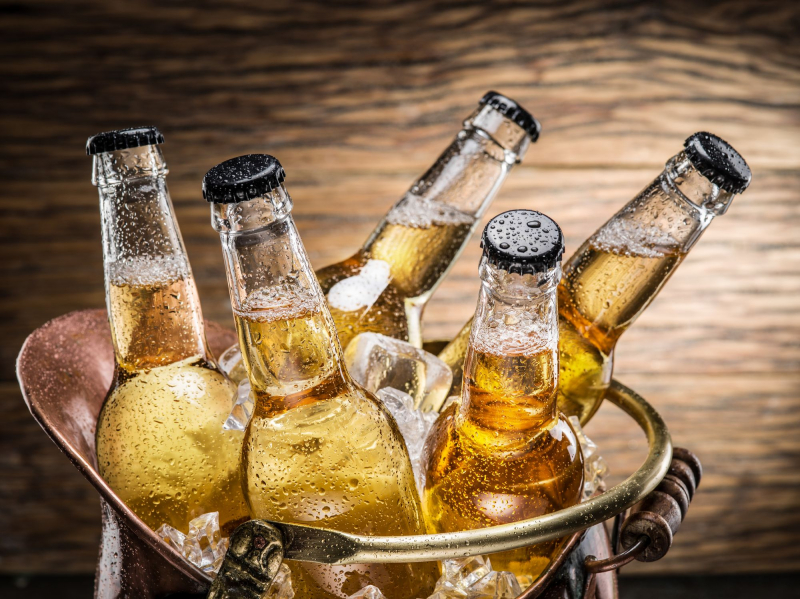
Alcohol 
Alcohol -
Grains like wheat, barley, rye, spelled, kamut, and triticale contain the protein gluten. When consuming gluten-containing foods, some people may become constipated. Additionally, some people are gluten intolerant. This is a disorder known as celiac disease or gluten sensitivity.
Gluten causes the immune system of people with celiac disease to attack their gut, severely damaging it. Due to this, those who have this condition must eat a gluten-free diet. An estimated 0.5–1% of people worldwide are thought to have celiac disease, however, many may be unaware of it. One of the common symptoms is chronic constipation. Avoiding gluten can help the gut feel better and heal. Irritable bowel syndrome (IBS) and non-celiac gluten sensitivity (NCGS) are two more conditions in which a person's gut may react to wheat. Despite not being gluten intolerant, people with these medical conditions seem to be sensitive to wheat and other grains. Before eliminating gluten from your diet if you believe it is the cause of your constipation, consult a medical professional first.
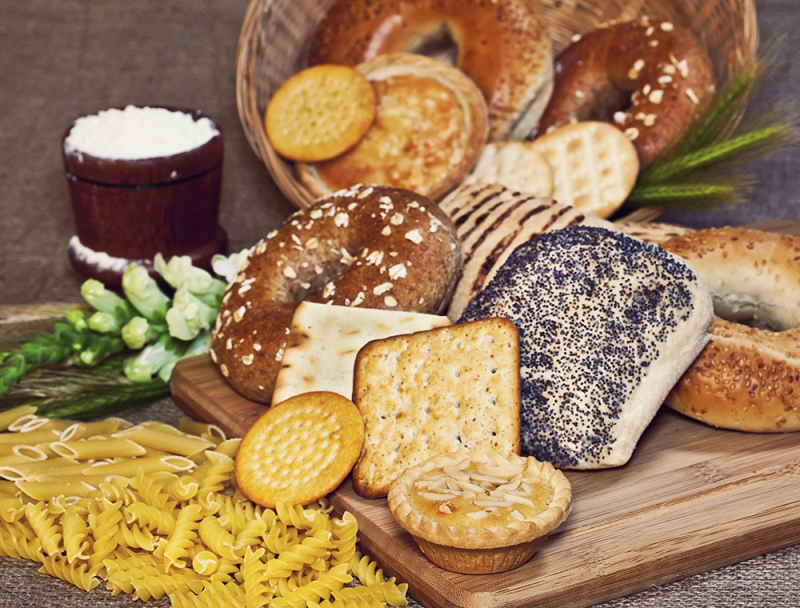
Gluten-containing foods 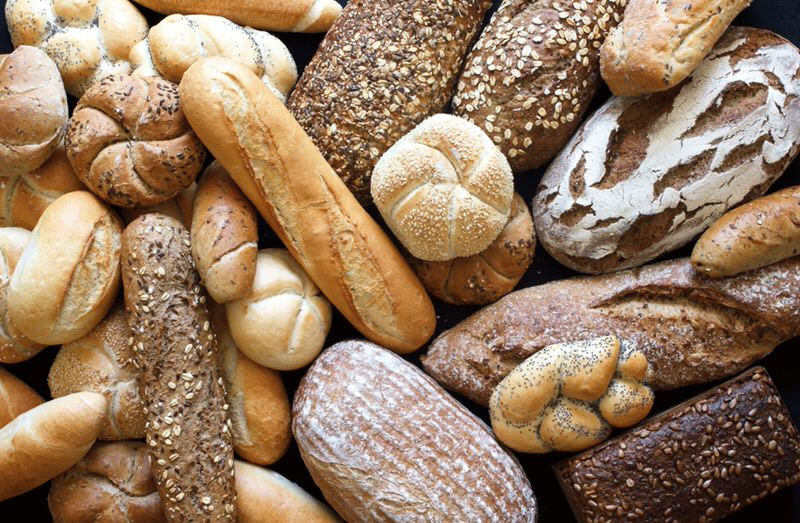
Gluten-containing foods -
Popular fruits from Eastern Asia called persimmons might cause constipation in certain people. There are many types, but most fall into one of two categories: sweet or astringent.
Persimmon fruit is very commonly known for its health benefits. However, what many people do not know is that it has certain limitations that can also result in side effects. In particular, tannins, a substance known to lessen gut secretions and contractions and slow bowel motions, are abundant in astringent persimmons. Therefore, excessive persimmon consumption, especially of astringent types, should be avoided by those who have constipation. It is worth noting that if this fruit is taken on an empty stomach, it results in diarrhea. It should also be consumed in a limited quantity.
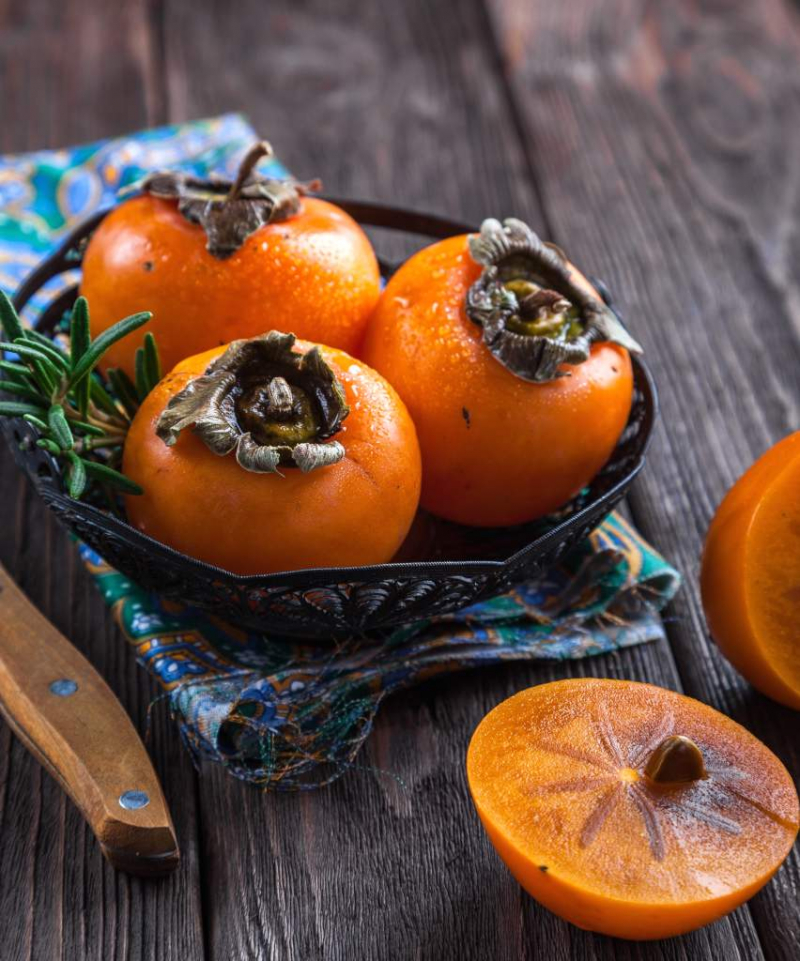
Persimmon 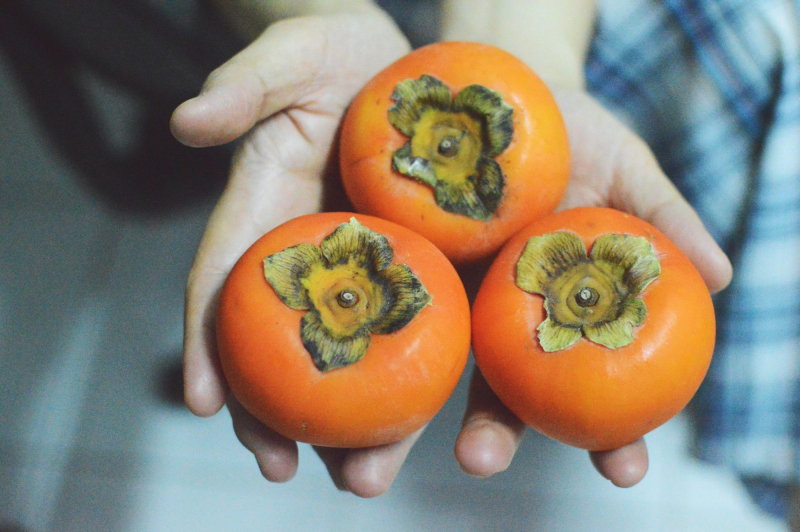
Persimmon -
At least for some people, dairy appears to be another frequently occurring cause of constipation. Children and infants appear to be especially vulnerable, likely as a result of sensitivity to the proteins in cow's milk.
According to a review of studies conducted over a 26-year period, some kids with chronic constipation got better when they stopped drinking cow's milk. Children with chronic constipation, ages 1 to 12, were given cow's milk to drink for a while in a recent study. Soy milk was then used in place of cow's milk for a while after that. When soy milk was substituted for cow's milk in the study's group of 13 kids, 9 of them got relief from constipation. Numerous anecdotal reports of such adult experiences arise. However, little scientific evidence could be found because the majority of studies looking at these effects target younger populations rather than older ones. Those who are lactose intolerant should be aware that they can experience diarrhea rather than constipation after consuming dairy.
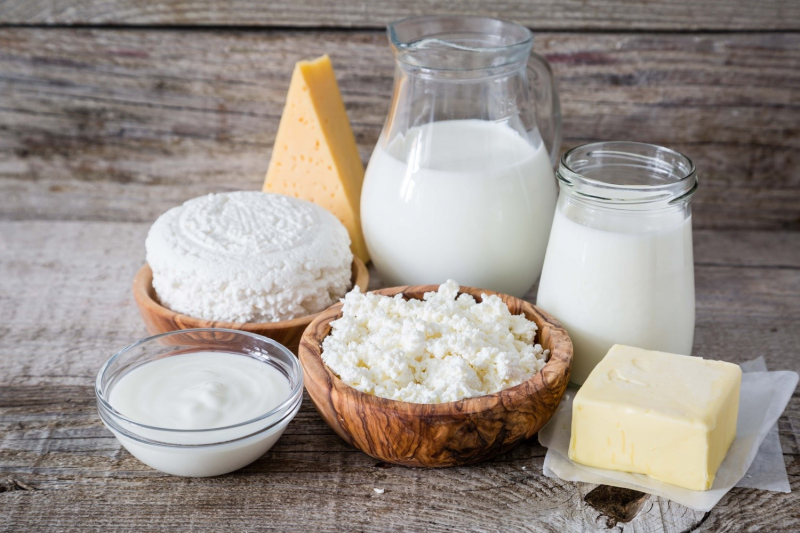
Dairy Products (Cheese, Milk, Yogurt, Ice Cream) 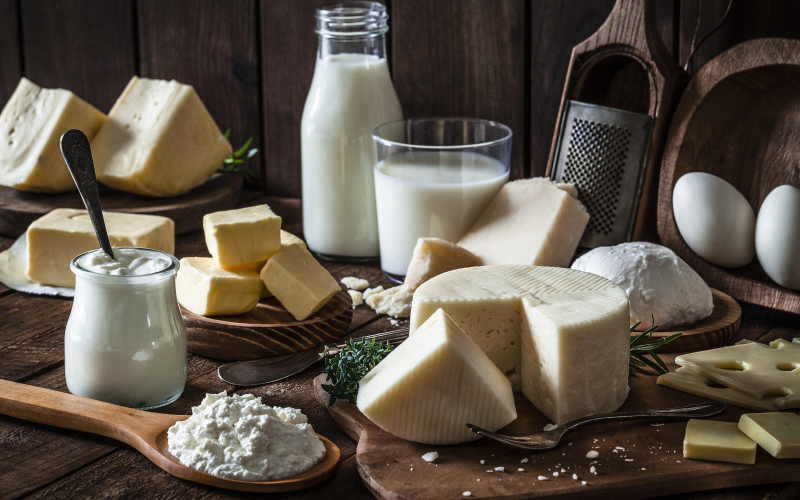
Dairy Products (Cheese, Milk, Yogurt, Ice Cream) -
Constipation risk may also be increased by eating a lot of or frequently fried or fast food. For the same reason that red meat might slow digestion, these foods frequently have high-fat content and low fiber content.
A person's diet may also replace fast food snacks like chips, cookies, chocolate, and ice cream with more fiber-rich options like fruits and vegetables. Lowering the total amount of fiber ingested each day can further raise the risk of constipation. Interestingly, a lot of people think that constipation is mostly caused by chocolate. Furthermore, the high salt concentration of fried and fast foods can reduce the water content of the stool, drying it out, and making it more difficult to pass through the body. This happens when you eat too much salt, as your body sucks up water from your intestines to help compensate for the extra salt in your bloodstream. This is one way your body uses to restore a normal salt content, but unfortunately, it can cause constipation.

Fried or fast foods 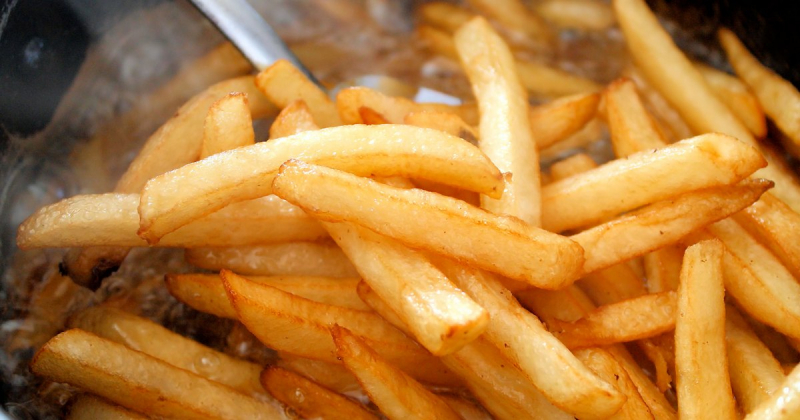
Fried or fast foods -
White bread, white rice, and white pasta are examples of processed grains and products that are lower in fiber and may cause greater constipation than whole grains. This is due to the removal of the grain's bran and germ during processing.
In particular, fiber, a nutrient that gives stool volume and promotes movement, is found in bran. A higher fiber intake has been associated with a lower risk of constipation in numerous studies. In fact, a recent study found that for every additional gram of fiber ingested daily, constipation risk decreased by 1.8%. Therefore, gradually cutting back on processed grains and increasing the consumption of whole grains may help people who have constipation. Although most people benefit from additional fiber, some people experience the reverse impact. For them, consuming more fiber may aggravate constipation rather than relieve it. It is unlikely that adding extra fiber to your diet will help if you currently consume a lot of whole grains and are constipated. It can possibly exacerbate the issue in some circumstances. If this applies to you, consider gradually lowering your daily consumption of fiber to see if that helps.
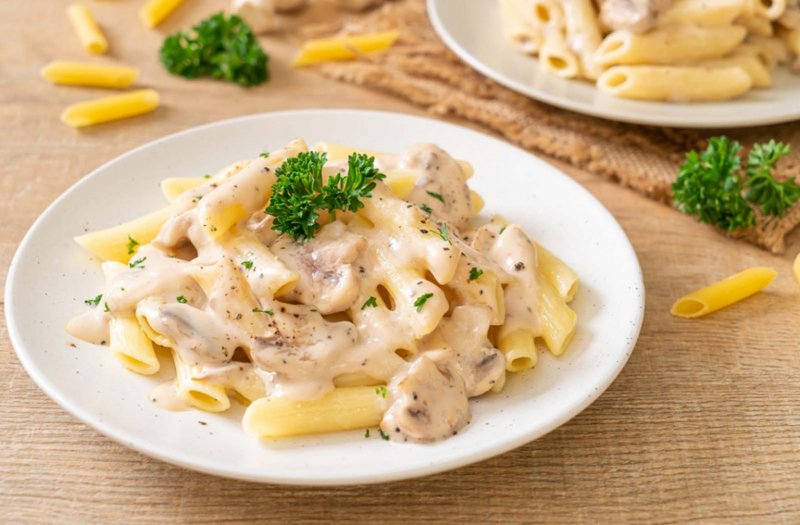
Processed Grains (White Rice, White Pasta, White Bread) 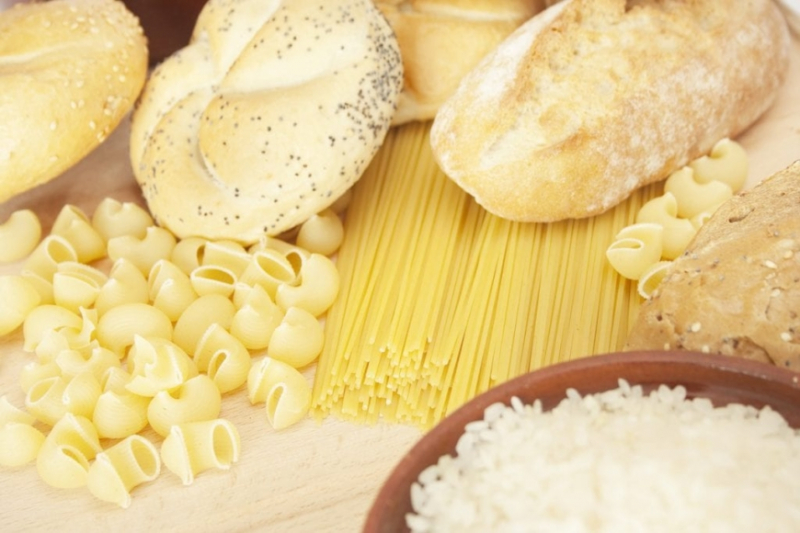
Processed Grains (White Rice, White Pasta, White Bread) -
Meats that look red when raw is called red meat. Beef, lamb, and pork have come under this category. For three main reasons, eating red meat may make constipation worse.
First off, it doesn't have much fiber, which gives stools bulk and helps in movement. Second, by substituting for higher-fiber foods in the diet, red meat may indirectly lower a person's total daily fiber intake. This is particularly true if you overeat in meat at a meal, which limits how much fiber-rich vegetables, beans, and whole grains you may have at the same time. As a result of this situation, daily fiber intake would be generally lower, thereby increasing the likelihood of constipation. Additionally, red meat often has higher fat content than other meats like poultry and fish, and high-fat diets take longer for the body to digest. This can in some condition makes constipation even more likely. Substitute red meat in the diet with protein- and fiber-rich alternatives like beans, lentils, and peas if you suffer from constipation.
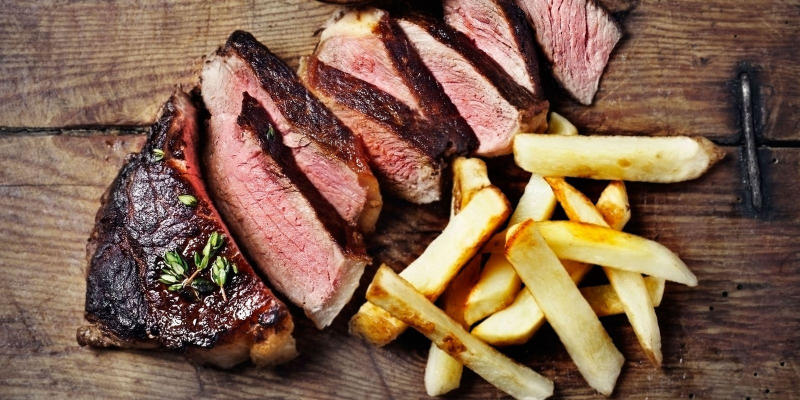
Red Meat 
Red Meat









